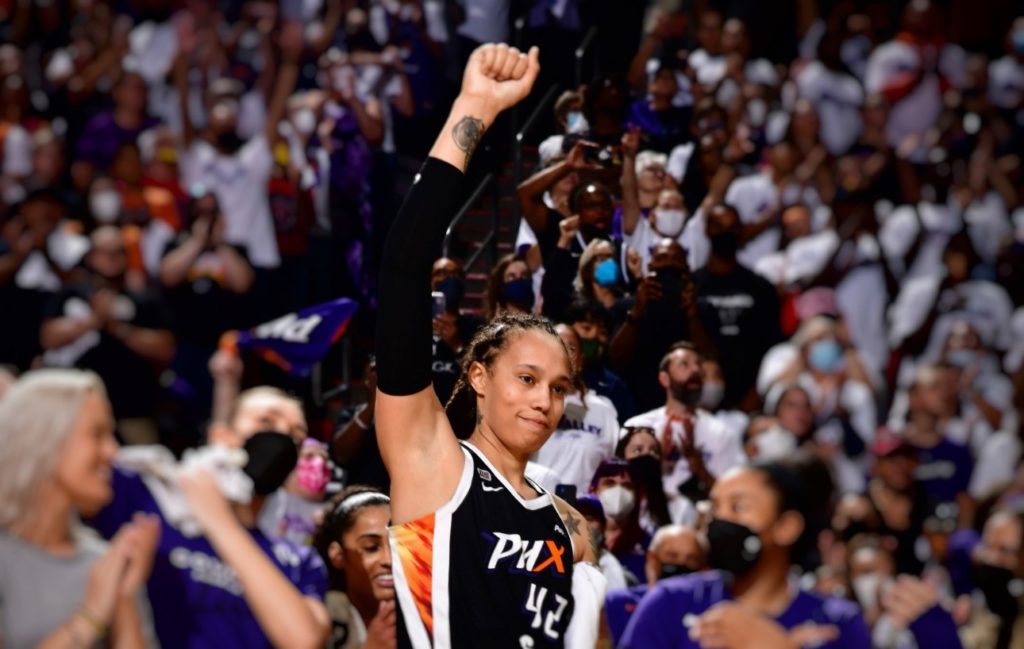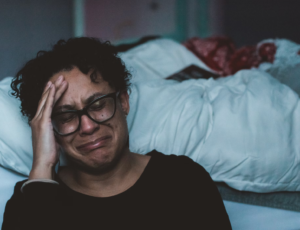Lizzo scripts a simple question into her current tour performances that doubles as a meaningful pause button, punctuating a set break: “When was the last time you said something kind about yourself?”
It’s an effective one because, for the briefest of moments, a sold-out arena full of fans went dead quiet, smacked silent by the question mark hanging in the air. She doesn’t leave her faithful hanging for long, breaking the silence by laughing and gently suggesting people change that. Since it’s her, they might actually listen.
Lizzo’s commitment to flood the field with positivity swelled into a tsunami this year: “Lizzo’s Watch Out for the Big Grrrls,” her Prime Video reality series that came out in March, netted her an Outstanding Competition series Emmy. She performed on “Saturday Night Live,” went day drinking with Seth Meyers for “Late Night,” and is closing the year with the release of her first biographical documentary on HBO Max, “Love, Lizzo” and, on New Year’s Eve, a live televised concert broadcast.
Brittney Griner is free due to intensive push and support from across the country. Black women stepped up with a powerful appeal to President Biden.
Having said that, it’s inaccurate to measure how well 2022 went for Black women by simply pointing to her success, as certain people tend to do whenever the inequities Black women face are raised in conversations about systemic injustice. She’s a glittering example of excellence, in a range that includes and is anything but limited to Megan Thee Stallion, Brittney Griner, and that other Meg, the one known as the Duchess of Sussex.
All these Black women made headlines outside of the usual election cycle. Whether they’re doing so by standing for something, standing up for themselves or simply existing, they are very public examples of the ways misogynoir is used against high-achieving Black women to attacking broader constituencies – including but not limited to Black women en masse.
Read the full article on Salon.By Melanie McFarland, Salon




